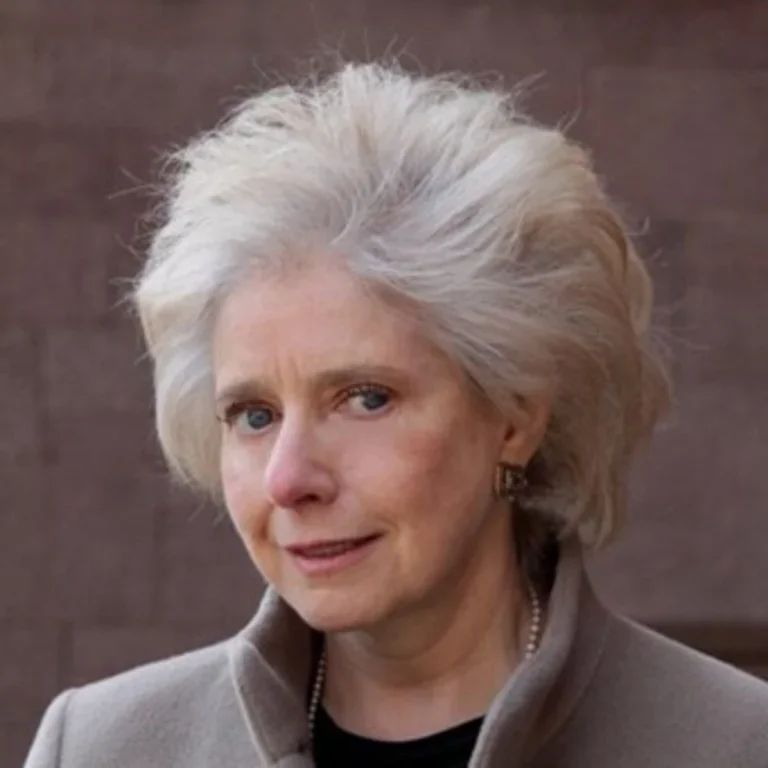Sustainability Management lecturer and science journalist Claudia Dreifus is a prolific interviewer and science journalist. Her work has appeared in The New York Times Magazine, The Atlantic, The Chronicle of Higher Education, Columbia Magazine, and Smithsonian, among other publications. “In fact,” says Dreifus, “I was the reporter who, in 1992, first brought the Q and A format to The New York Times.”
Dreifus teaches the course Writing about Global Science for the International Media in the spring and summer semesters. In the fall, she teaches a special class dedicated to opinion writing. Dreifus designed her courses to “teach science and sustainability students how to do science journalism, and perhaps they could get to tell their own stories in their own voices.” In the course, students examine what makes science journalism different from business or academic writing and then write real op-eds, investigative stories, event coverage articles, profiles, and more. Alums have been published in publications including The New York Times, Science Times, Science, Consilience, and BuzzFeed.
In her recent New York Times piece, “As Humanitarian Crises Escalate, So Do Demands to End Them,” Dreifus interviewed David Miliband, president and chief executive of the International Rescue Committee (IRC), who previously served in the British Parliament, and as British foreign secretary. Dreifus and Miliband discussed in advance the 2023 World Economic Forum in Davos, his transition from politics to leading an NGO, and how he avoids feeling “numbed” by the increasing number of refugees needing help. The theme for Davos in 2023 was “Cooperation in a Fragmented World.”
When asked what he wanted to emphasize at Davos, Miliband said the refugee crisis is “manageable, not insoluble.” He stressed the importance of exploring inventive solutions to the problems of famine, refugee resettlement, and protection from the impacts of conflict that have led to increasing numbers of displaced individuals and high levels of humanitarian need.
Dreifus pointed out that the number of refugees has tripled in the past twenty years. But while Miliband acknowledged the impact of climate change and the rise of autocracy, he said that the fundamental problem is civil wars, which represent “80 percent of the driver of humanitarian need.”
“If you look at the statistics, you can get depressed,” added Miliband. “If you look at the people, you have hope. And that’s the way we try and run the IRC: from the lessons of fortitude and the determination and the creativity of the people who are our clients.”
About the Program
The Columbia University M.S. in Sustainability Management provides students cutting-edge policy and management tools they can use to help public and private organizations and governments address environmental impacts and risks, pollution control, and remediation to achieve sustainability. The program is customized for working professionals and is offered as both a full- and a part-time course of study.
The Sustainability Management application deadline for fall 2023 is May 15, 2023. Learn more here.



